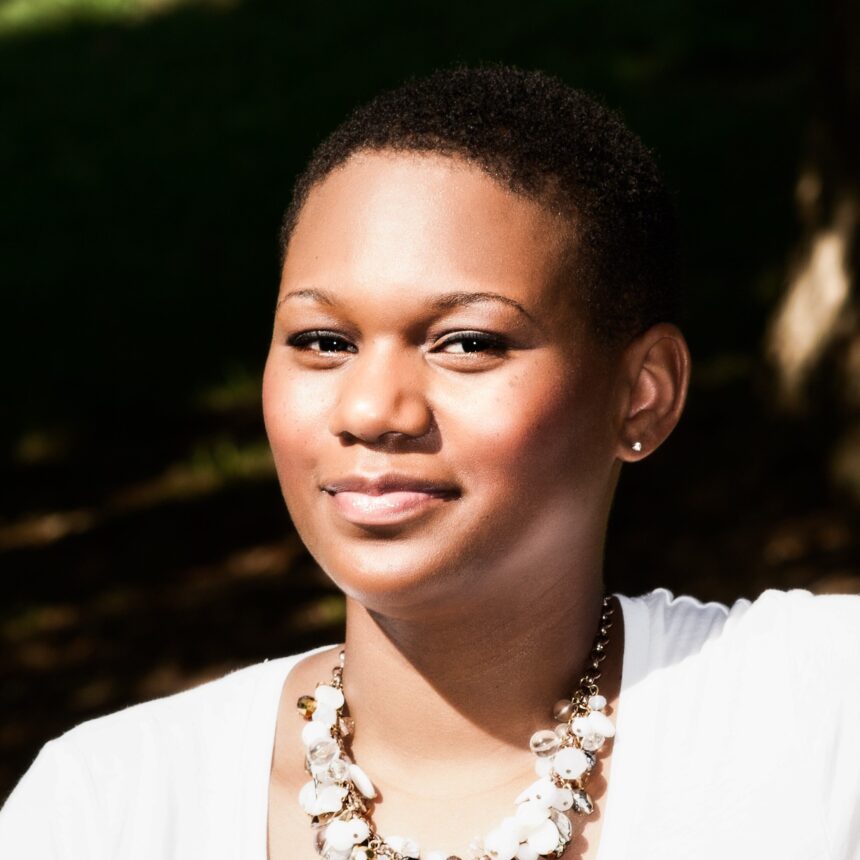Karey Ceitlin, a distinguished advocate for diversity and inclusion, has made significant contributions toward creating inclusive workplaces and promoting allyship. As an accomplished author, coach, and speaker, Karen’s work focuses on equipping individuals and organizations with the tools to foster a culture of belonging. This article explores her journey, her impactful books, and practical strategies for fostering inclusivity.
Karey Ceitlin: From Tech Executive to Diversity Advocate
Karen Catlin began her career as a tech executive, holding leadership roles at prominent companies like Adobe. During her tenure, she observed the decline in the number of women entering and staying in the tech industry. This shift inspired her to pivot her career and focus on promoting gender diversity and inclusivity.
Transition to Advocacy
Karey Ceitlin recognized the importance of allyship in creating an inclusive environment. By coaching leaders and advocating for cultural shifts within organizations, she has become a prominent figure in diversity and inclusion (D&I) initiatives. Her work underscores the idea that everyone has a role to play in fostering inclusivity.
The Better Allies Approach
Karey Ceitlin is best known for her book, “Better Allies: Everyday Actions to Create Inclusive, Engaging Workplaces.” This resource provides actionable insights into how individuals can act as allies in their workplaces.
Key Themes in “Better Allies”
- Recognizing Privilege
Karen emphasizes the need to understand and leverage privilege to support underrepresented groups. She outlines practical ways to identify and address unconscious biases. - Creating Safe Spaces
Her book highlights the importance of fostering environments where employees feel safe to express their ideas without fear of judgment or retaliation. - Active Listening
Karen encourages practicing active listening as a way to validate diverse perspectives and experiences. - Promoting Equitable Opportunities
From mentorship to sponsorship, Karen stresses the need for proactive efforts to ensure that everyone has equal opportunities to grow and succeed.
Practical Allyship Strategies
Karen’s advocacy extends beyond theory to practical advice that can be implemented by individuals and organizations.
1. Be an Upstander, Not a Bystander
An upstander is someone who speaks up or takes action when witnessing bias or discrimination. Karen advises recognizing microaggressions and intervening constructively when they occur.
- Example: If someone is frequently interrupted during meetings, an ally can redirect attention to that person by saying, “I’d like to hear more about what [Name] was saying.”
2. Use Inclusive Language
Language plays a critical role in shaping workplace culture. Karen advocates for avoiding gendered terms and using inclusive language that respects all identities.
- Tip: Replace phrases like “guys” with “team” or “everyone.”
3. Mentorship and Sponsorship
Karen emphasizes that mentorship helps underrepresented individuals build confidence and skills, while sponsorship opens doors to career-advancing opportunities.
- Actionable Step: Recommend colleagues from underrepresented groups for high-visibility projects or leadership roles.
4. Champion Flexible Policies
Supporting flexible work arrangements, parental leave, and wellness initiatives demonstrates that a company values diverse needs. Karen stresses that policies should be inclusive of all employees, not just specific groups.
Karen Catlin’s Books: Tools for Transformation
1. Better Allies: Everyday Actions to Create Inclusive, Engaging Workplaces
This book is a practical guide for anyone seeking to make a difference. Karen uses relatable anecdotes and research-backed advice to empower readers.
- Key Takeaway: Small actions can have a big impact when practiced consistently.
2. The Better Allies Way: A Workbook for Being More Inclusive at Work
This workbook complements her main book, offering exercises and activities to help readers apply allyship concepts in real-life situations.
- Key Feature: A hands-on approach to building inclusive habits and addressing workplace challenges.
Speaking Engagements and Workshops
Karen Catlin is a sought-after speaker and workshop facilitator. Her sessions are tailored to meet the needs of diverse audiences, from tech professionals to HR teams. She focuses on topics such as:
- Allyship in Action: Equipping attendees with tools to advocate for diversity.
- Building Inclusive Cultures: Strategies to embed inclusivity in workplace practices.
- Overcoming Bias: Identifying and addressing unconscious biases in decision-making.
Recognitions and Impact
Karen’s work has been widely recognized for its impact on workplace culture. Organizations that adopt her methods report improvements in employee satisfaction, retention, and innovation. Her advocacy has inspired leaders worldwide to take actionable steps toward inclusivity.
How to Start Your Allyship Journey
Fostering inclusivity doesn’t require a complete overhaul of workplace systems. Karen Catlin encourages starting with small, intentional actions. Below are some steps:
1. Educate Yourself
- Read books like “Better Allies” to understand allyship concepts.
- Attend workshops or webinars on D&I topics.
2. Seek Feedback
- Regularly check in with colleagues from diverse backgrounds to understand their experiences.
- Use anonymous surveys to gather honest feedback about inclusivity efforts.
3. Hold Yourself Accountable
- Set specific goals for allyship, such as mentoring a colleague from an underrepresented group.
- Track your progress and seek support from peers or mentors.
Conclusion
Karen Catlin’s work serves as a powerful reminder that inclusivity is a collective responsibility. By adopting allyship strategies and fostering a culture of belonging, individuals and organizations can create workplaces where everyone thrives. As Karen often emphasizes, small actions can lead to significant change—and it all starts with a commitment to being better allies.





